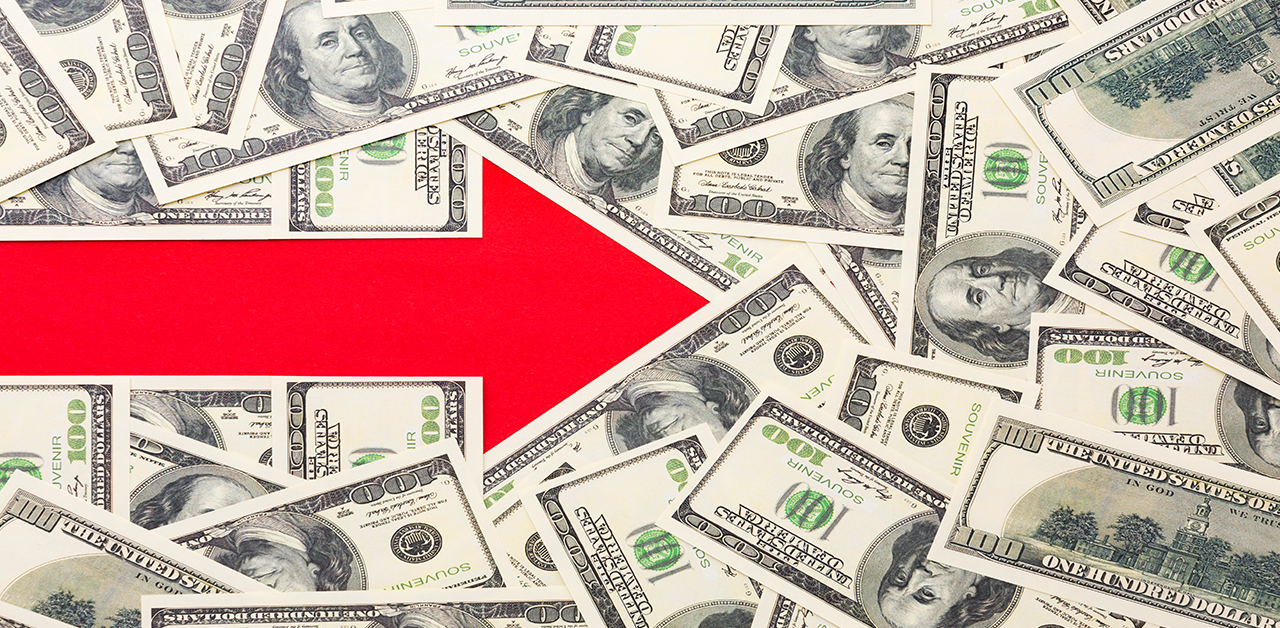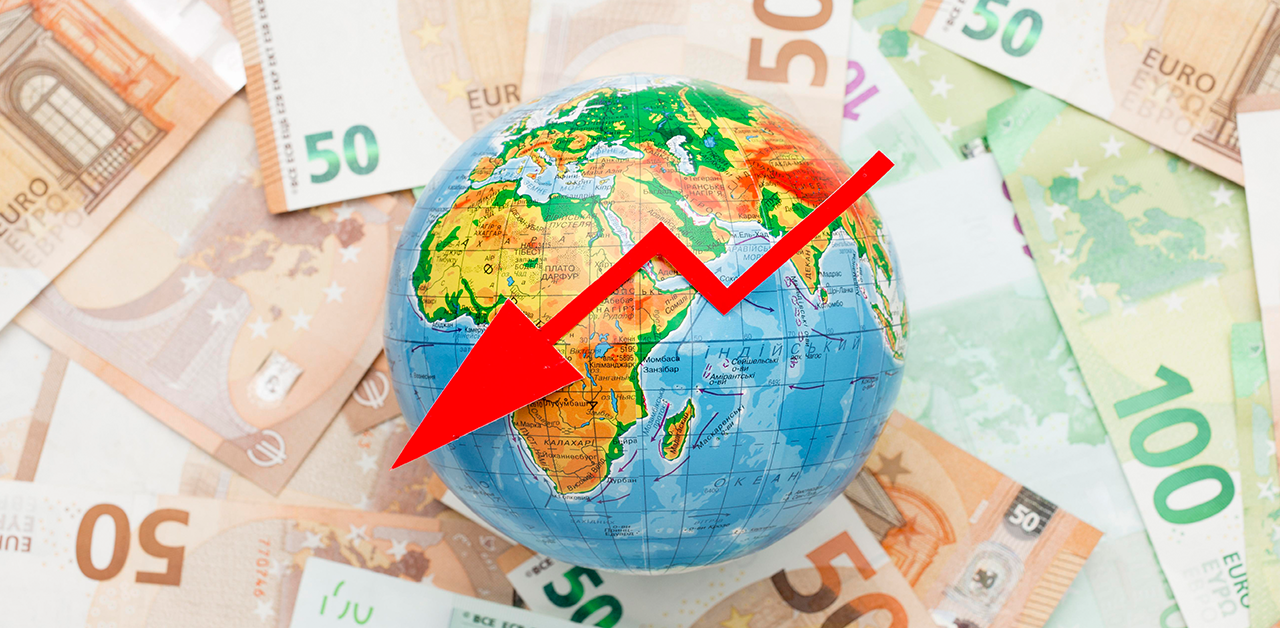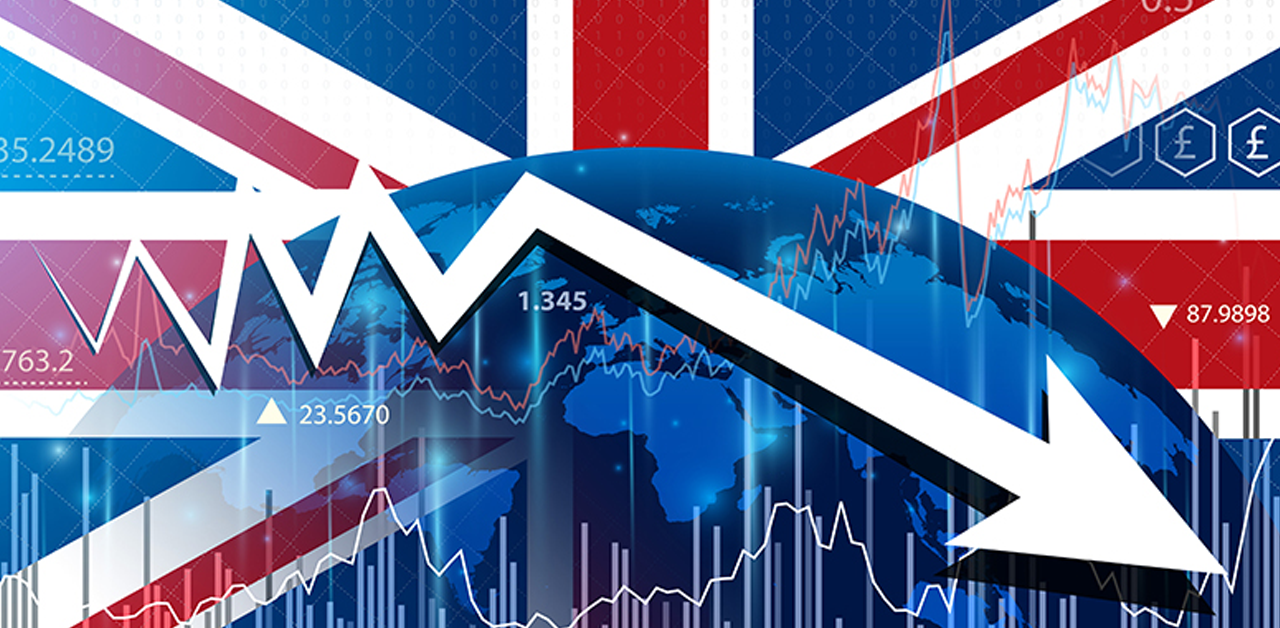Consumer prices in Japan rose in January, but at a slower rate
Japan’s core consumer prices rose for the fifth month in a row in January, but at a slower rate than the previous month, raising the prospect that the country’s central bank will lag behind other economies in raising interest rates. Consumer inflation is expected to rise in the coming months as energy prices rise, while last year’s mobile phone fee cuts are also set to be phased out and will no longer be a drag on prices.
The core consumer price index (CPI), which excludes volatile fresh food prices but includes fuel costs, rose 0.2 percent year on year in January, according to government data released on Friday. This was lower than the Reuters poll’s median forecast of a 0.3 percent increase and a 0.5 percent increase in the previous two months. “Consumer inflation will pick up next month as food and energy prices rise,” said Taro Saito, executive research fellow at NLI Research Institute.
“It may jump to more than 1.5% in one go in April once the impact of mobile phone fee cuts comes to an end.” The price data will be among factors the Bank of Japan will scrutinise at its next policy meeting, which is scheduled for the middle of next month. The core CPI has posted a year-on-year increase every month since September. January’s increase marked the slowest year-on-year rise in three months.
After a domestic travel campaign ended in late 2020, lodging prices rose by only 0.6 percent year on year, the slowest rate since June 2021. Last month, cell phone fee reductions pushed the CPI down by about 1.5 percentage points. The tepid overall rate of increase indicates that price increases in the world’s third-largest economy have remained extremely modest in comparison to much sharper gains in other advanced economies, as sluggish wage growth discourages firms from raising prices significantly.
The small gain reinforced expectations that the Bank of Japan (BOJ) will maintain its ultra-easy monetary policy for the foreseeable future in order to achieve its 2% inflation target. Any sharper rises in consumer prices in the coming months, according to Saito, are unlikely to prompt the central bank to tighten monetary policy, but could pave the way for additional government stimulus. He suggested that this could include expanding a subsidy scheme to offset a sharp increase in gasoline and other fuel prices, as well as, eventually, additional cash handouts to households.
Overall energy prices rose 17.9 percent year on year in January, the largest increase in more than forty years, owing in part to rising electricity bills and fuel costs. Despite some concerns about the impact of a weakening yen, the BOJ has maintained massive monetary stimulus as it seeks to achieve its inflation target.











